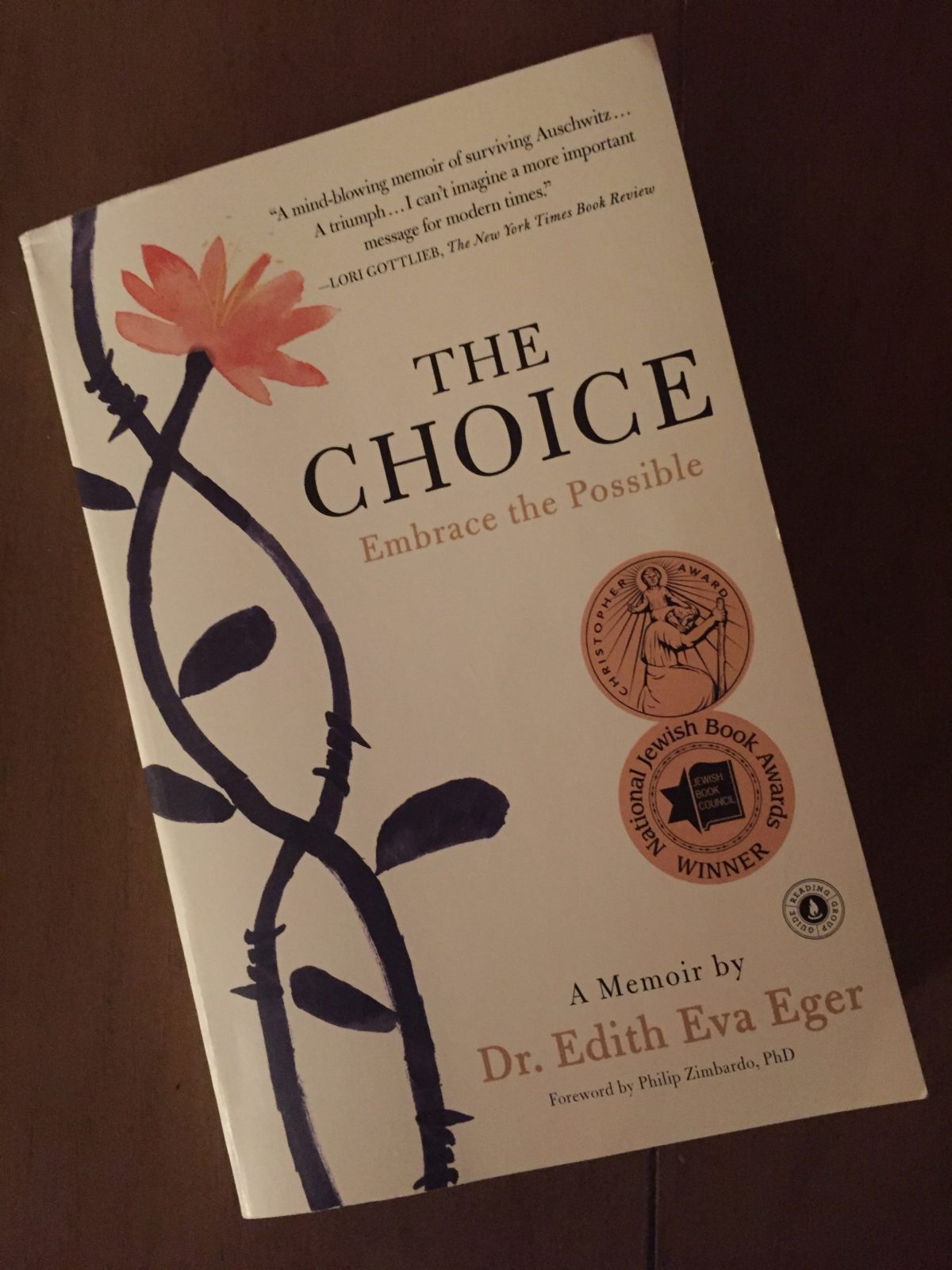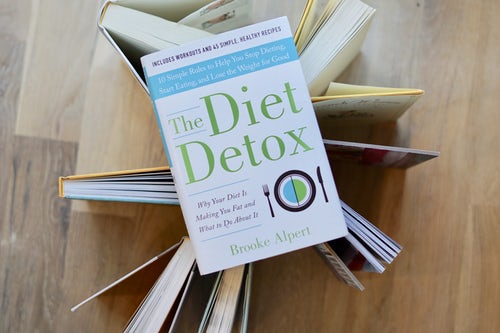Did you get any nonfiction books for Christmas? You know, the ones you (or the giver) thought may improve your life in 2019?
If you didn’t get any literary gifts (a standard and favorite present in our family), and you aren’t primed with any for the new year, may I recommend one to you?
If you’re a lover of memoirs, a WWII history buff, or a studier of the Holocaust, you’ll delight in this read.
If you’re looking for a book that will inspire you to greater heights, show you how to forgive the atrocities of your past, help you understand yourself and your pain, and encourage you to never give up hope, this is one you’ll want to read!
The Choice: Embrace the Possible is Dr. Edith Eva Eager’s memoir, the story of a girl who dreamed, had her dreams destroyed, survived Auschwitz against all odds, and learned how to heal herself. And in that process, she learned how to help others heal.
Her parents are killed, the feared, notorious and deadly Dr. Josef Mengele “forces Edie to dance for his amusement and her survival.”
As the back cover blurb says,
“Edie spent decades struggling with flashbacks and survivor’s guilt, determined to stay silent and hide from the past. She raised a family and studied and practiced psychology. Thirty-five years after the war ended, she returned to Auschwitz and was finally able to heal and forgive the one person she’d been unable to forgive—herself.
“In The Choice, Edie weaves her remarkable personal journey with the moving stories of those she has helped heal. She explores how e can be imprisoned in our own minds and shows us how to find the key to freedom. A wise, compassionate, and life-changing book, The Choice will provide hope and comfort to generations of readers.”
The Choice is brutally honest and revelatory. It’s a poignant coming-of-age story that will touch women and men and adolescents. It’s a story of pain, forgiveness, hard choices, undying love, and reconciliation.
I was drawn to the book for several reasons, one of which is its Holocaust story, something I started studying in high school. My father was part of the military group that liberated Dachau in Germany. I’ve seen pictures of the horrors he encountered there, although he could never bring himself to the point of being able to describe them to me.
I’ve dog-eared numerous pages in this book that’s filled with psychological insights that gave me “ah ha” moments and a better understanding of grieving loss of a dream or a person.
In her introduction, Dr. Eger says,
“If you asked me for the most common diagnosis among the people I treat, I wouldn’t say depression or post-traumatic stress disorder, although these conditions are all too common among those I’ve known, loved, and guided to freedom. No, I would say hunger. We are hungry. We are hungry for approval, attention, affection. We are hungry for the freedom to embrace life and to really know and be ourselves.”
Could that be on your “wish list” for your life in this New Year and beyond?
The freedom to embrace life and to really know and be yourself?
Maybe you’re on the continuum and have made great headway toward harnessing and enjoying freedom. Maybe you don’t know how to gain it and need a kick start.
If you find yourself in either of these situations, I encourage you to add this book to your 2019 reading list, sooner rather than later!
Until next Friday (and next year!),
think about how you can embrace life and really be free!
Blessings,
Andrea
May you prosper in all things and be in health, just as your soul prospers (3 John 2).
I receive no monetary benefit from recommending this book or the sale of it.




